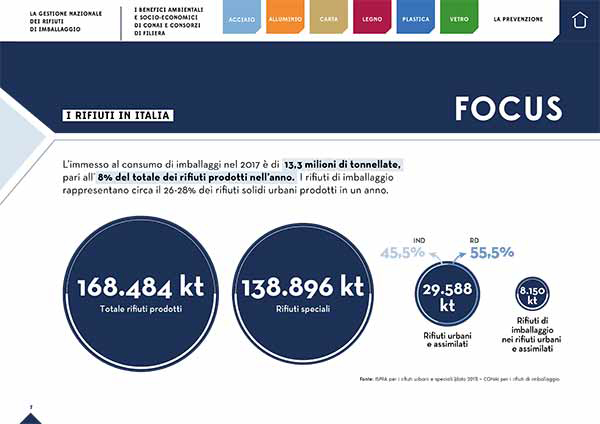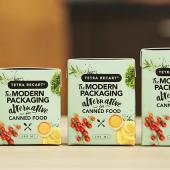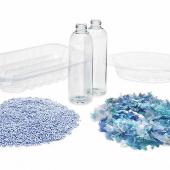Obsessions
The Plastic Tax now occupies the front pages of national newspapers and the large packaging supply chain is in fibrillation. By Stefano Lavorini
|
Mala tempora currunt sed peiora parentur |
|
|
We are in bad times but worse ones are to come |
And indeed, as the President of Ucima, Enrico Aureli, interviewed on the subject, also stated «we were forced to respond to newspaper headlines, because nobody summoned us to build a program around a table, as instead was the case with Minister Calenda's Industry 4.0, when a path of change was traced out for the Italian manufacturing sector».
And he adds other observations, which we can summarize in the declared will to innovate the sector and introduce machinery capable of dealing with eco-compatible materials, in a process that "must take place not with a tax, but with an incentive". Effective and to the point.
But these are days in which even "the dumb speak": I can testify to it for having heard them myself:
- brand owners known for having always maintained a low profile in terms of communication, who are quick to present new challenging targets in terms of packaging sustainability, now convinced that keeping silent is too risky a choice in terms of company reputation;
- producers of cellulose-based materials that make interesting proposals for new products that are "more sustainable" compared to plastic ones, aware of the advantages they are able to offer, but also - perhaps a little less so - of not being able to fully represent the final solution of the problem, if only for the limited availability, in perspective, of natural resources deriving from certified forestry;
- not to mention political representatives, eager to ride the green wave to grab popular consensus and who, without having the slightest idea of what they are saying - and, unfortunately, doing - only manage to chill and discourage an entire industrial sector.
I've already written it: environmental, economic and social sustainability is a very strict imperative, which does not admit ignorance and exploitation.
A principle that I have heard reiterated in recent days at the Ecomondo 2019 fair, during which the VIII edition of the General States of the Green Economy was held, where long-term strategies to combat climate change were discussed.
But the Rimini appointment was also, as tradition has it, a stage for the Conai - Italian National Packaging Consortium system and an opportunity to present new solutions against waste.
An example of this is the RiVending project which, thanks to a circular system, wants to quickly use only recycled plastic (PS) for vending machine cups and stirrers. Conceived by Confida, Corepla and Unionplast, the project foresees by 2020 the installation of 5 thousand collection points positioned next to the vending machines, so as to convey used cups and stirrers to a segregated recycling phase.
The Conai Sustainability Report was also presented, showing very interesting results achieved by the system ... all the more interesting because they counteract the rampant disinformation.
A direct benefit with a value of 995 million euros in one year is in fact reported: 412 million of material recovered from recycling, 29 million of energy produced by energy recovery and 554 million of additional economic gains generated. Added to this is an indirect benefit of 113 million euros per year, or the economic value of the CO2 avoided.
And in addition to the economic benefits, the environmental ones were obviously also discussed: starting from 3 million and 971,000 tons of CO2 not produced in a year thanks to the recycling of steel, aluminium, paper, wood, plastic and glass. A saving that is equivalent to 9,190 flights Rome-New York, round trip.
And I do not want to remain silent about the fact that, thanks to a percentage of recovered packaging of 80.6% (10.7 million tons) in 2018, the consortium system and independent recyclers have practically already achieved the recycling targets set by the European Union for 2025 and are a step away from those to 2030.
| Two data to keep in mind |
|
In 2017, the consumption of packaging (note: of all packaging) was 13.3 million tons, equal to 8% of the total waste produced during the year. Packaging waste accounts for about 26-28% of solid urban waste produced in a year. |
In other words, Italy's performance in terms of circular economy fully stands up to that of all the other countries, but unfortunately this does not seem to be a fact shared by our governing class.
We hope, for once, to be proven wrong.





















